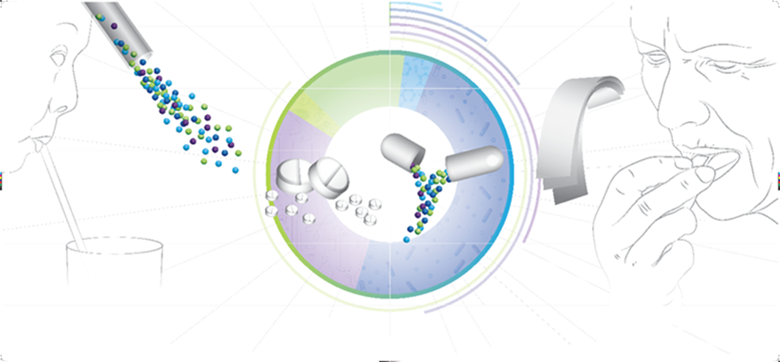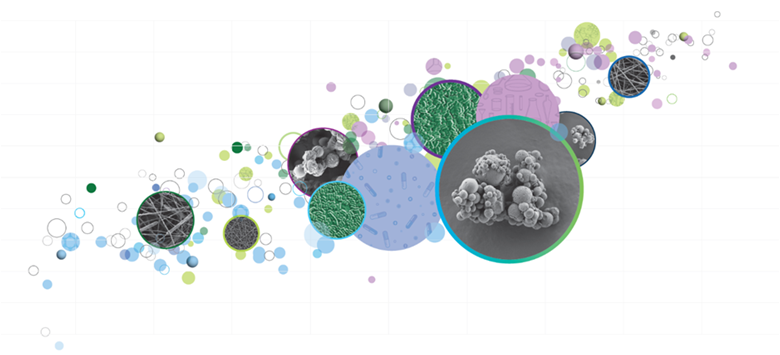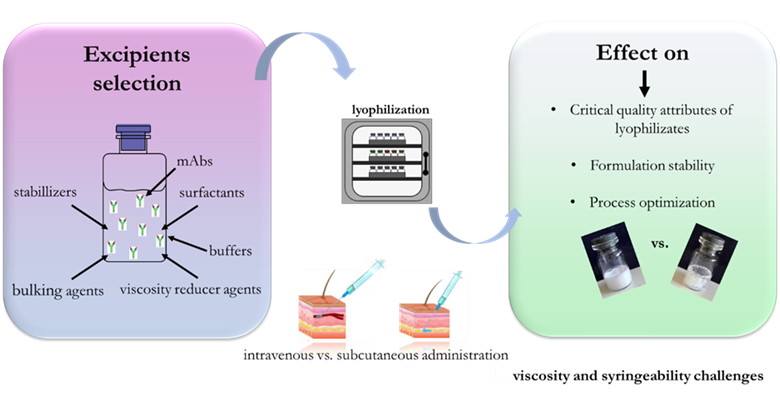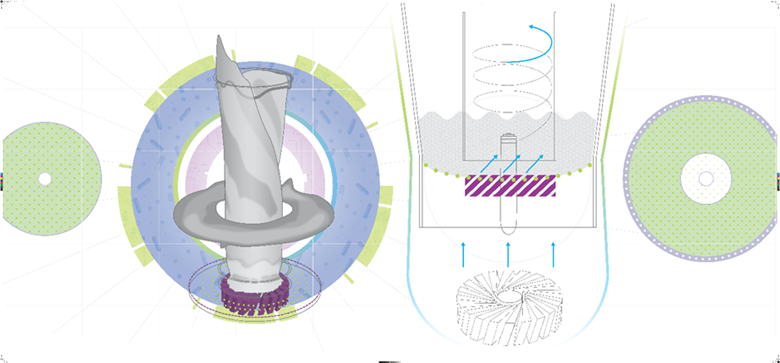We design patient-friendly medicines
By developing patient-friendly medicines, we are helping to increase the individualization of treatment to ensure greater efficiency and safety. The need to tailor treatment to the individual patient is particularly pronounced in children and the elderly. Children require lower doses than adults, and the dosage form of the medicine is also essential to make it as easy to swallow as possible. Elderly people, on the other hand, often face a larger amount of medication that they take several times a day. Problems with medication can also include the inability to swallow and decreased motor and cognitive abilities. Therefore, at the Faculty, we are developing advanced forms of medicines that are appropriately small (pellets, mini tablets), easy and appealing to use for children (straws), or those that disintegrate in the mouth (oral films). We also try to improve patient compliance by developing drug delivery systems that allow prolonged-release and consequently less frequent applications (film-coated and matrix tablets), contain several different active ingredients in one drug (pellets in a capsule), or are applied to the skin (microemulsions, liquid crystals).

Achieving better effects with nanodrugs
Nanomedicines are based on nanodelivery systems, which enable more efficient and safer treatment due to their small size. They are essential in cancer treatment, where nanoparticles allow specific targeting and delivery of active ingredients to cancer cells. Such delivery is feasible by binding ligands such as specific antibodies to nanoparticles or by a magnetically responsive nanodelivery system that can be magnetically guided to the tumor.
Nanomedicines also include nanofibers, which due to their unique morphology represent a remarkable biomaterial in pharmacy. The nanofiber topography itself can improve the attachment, division, and mobility of different cell types, enabling efficient tissue regeneration and suggesting their promising efficiency in tissue engineering and modern dressings for chronic wounds. In addition, they are incredibly suitable for local treatment, e.g., periodontal diseases, as they can be placed in the periodontal pockets and thus achieve effective antibiotic and/or probiotic treatment.

Biopharmaceuticals
In the field of biopharmaceuticals, our research topics are freeze-drying and the development of dosage forms with therapeutic proteins for subcutaneous (SC) application.
Lyophilisation or freeze-drying is a technological process based on the physical phenomenon of sublimation, where water is removed from the sample using appropriate temperatures and pressures. In the field of freeze-drying, we investigate the influence of formulation and process parameters on the drying rate. The focus of our research is on the optimization of freeze-drying cycles, i.e. on the shortest possible and thus most cost-effective processes for drying solutions of monoclonal antibodies (mAbs).
SC delivery of therapeutic proteins is an alternative to conventional intravenous administration. The main advantages of this route are rapid and convenient self-administration at home, less frequent dosing and thus better patient compliance, leading to better therapeutic outcomes and lower treatment costs. This is especially important since most mAbs are used for chronic diseases. In the development of highly concentrated protein products for SC administration we are investigating two major challenges, namely the high viscosity of the solution and the increased propensity for aggregation.

Collaboration with industry
A special value of the UL FFA is the commitment to research and development cooperation with various faculties, institutes, pharmacies, and especially with industry, at home as well as abroad. For successful research, employees are continuously educating and taking care of upgrading and updating research equipment so as to effectively ensure a high level of scientific and development cooperation. Numerous collaborations with the industrial environment stem from several years of success in solving the most demanding development challenges. Connecting with industry enables us to transfer breakthrough ideas from the academic sphere to the real sector, with the potential for realization on the market. One of such collaborations resulted in the patented innovative swirl airflow fluid bed coater of pellets and mini tablets, supported by experimental and simulation techniques, which according to comparable process equipment allows the formation of a more even coating, which is crucial for high-quality medicine. The development was carried out in cooperation with the company Brinox d.o.o. and the Faculty of Mechanical Engineering, University of Ljubljana.
